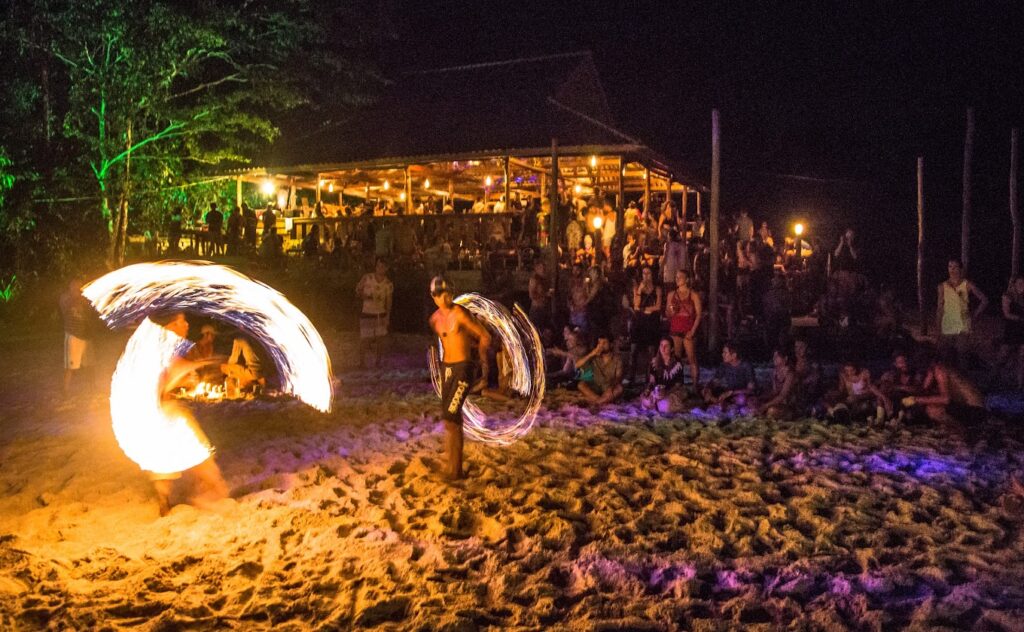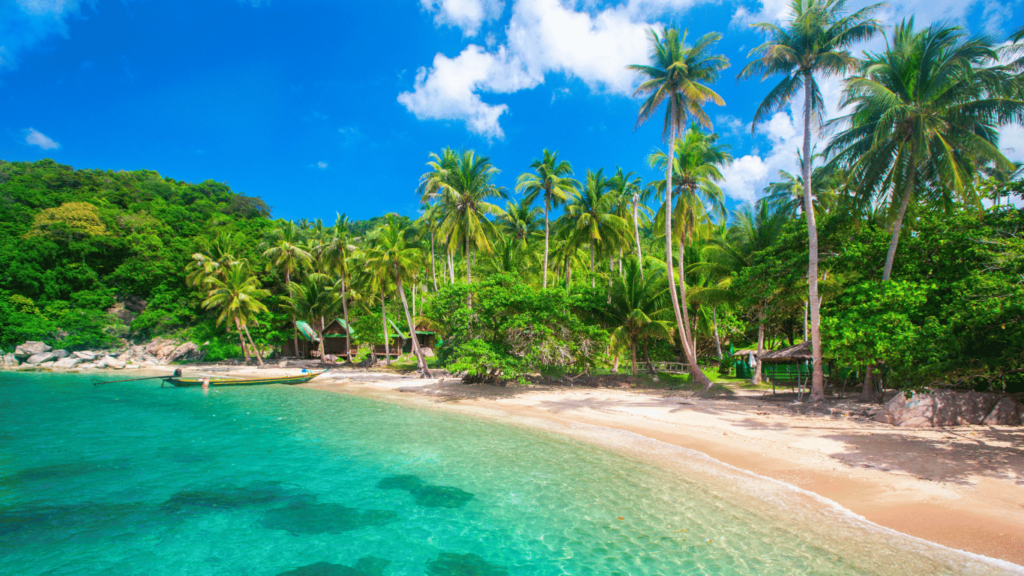90% of the time Elephants are trained and controlled using pain, to condition their behaviour into a tourist-friendly photo opportunity of bathing, touching, or even riding these magnificent giants.
Ethical practices in elephant conservation are overpromised and extremely under-delivered in Thailand and across other Southeast Asian countries. The phrases ‘ethical’ and ‘sanctuary’ are all too often just buzzwords designed to mislead visiting tourists and backpackers.
So how do you know what elephant sanctuaries are actually ethical and which to avoid?
In this guide, we will help you decide on an elephant sanctuary that prioritises the welfare of their Elephants over the weight of their wallets.
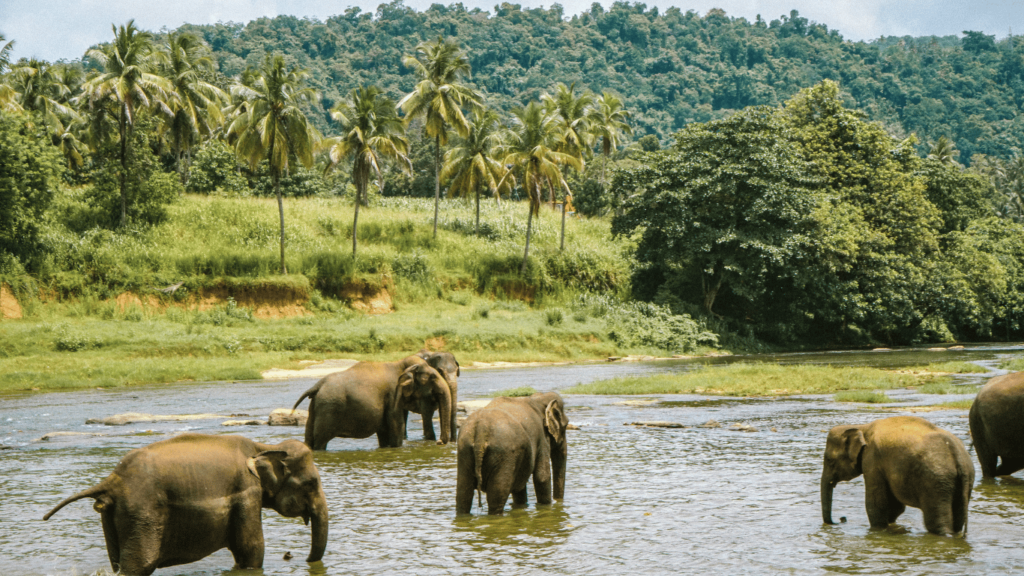
How to tell if an elephant sanctuary is ethical?
- Only visit an Elephant Sanctuary that is partnered with or endorsed by renowned animal conservation charities, such as World Animal Protection and National Geographic.
- Make sure the elephants freely lead the way and aren’t forced to approach tourists. You should be simply observing and following at a distance.
- Are the Elephants eating? Happy elephants need 150kg of food daily, so eat constantly. If you are with elephants that aren’t eating for long periods they are likely being forced to perform or linger around tourists against their will.
- No electric fencing should be in use. These fences not only shock the elephants but the high voltage kills up to 100 animals each day.
- Sanctuaries should not sell or breed elephants for their own profit. This means there should not be baby elephants at the sanctuary.
- Touching the Elephants should be prohibited by both guides and tourists
- No riding the elephants
- No hook blades should be in use.
Luckily there are still some ethical places where you can see elephants in Southeast Asia roaming freely without the boundaries of electric fences and fear of hooked blades.
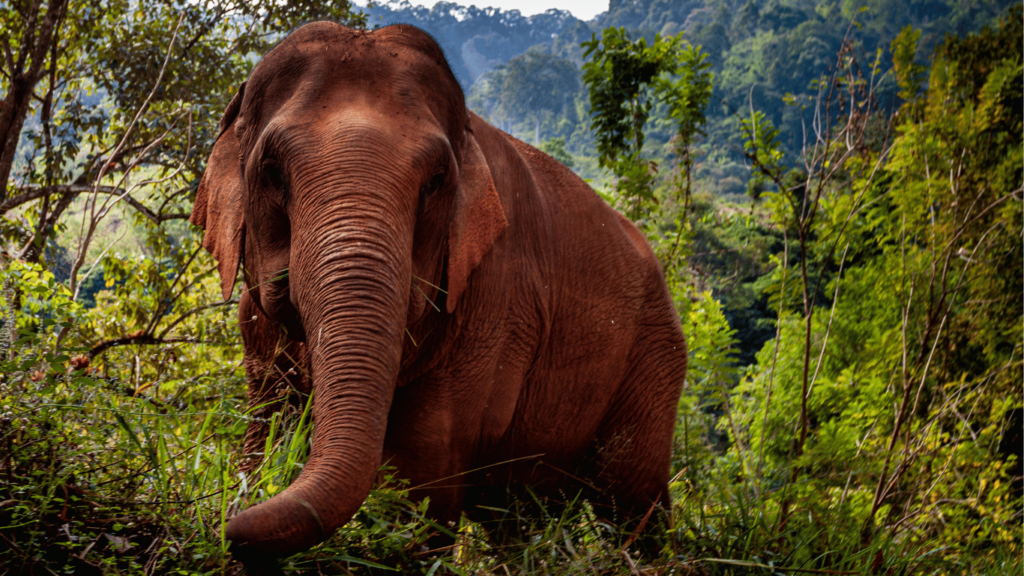
18 best ethical elephant sanctuaries in South-East Asia
Here is a list of 18 ethical elephant sanctuaries and venues guaranteed by World Animal Protection to provide the highest level of care for their elephants :
Thailand:
- ChangChill
- Boon Lott’s Elephant Sanctuary
- Burm and Emily’s Elephant Sanctuary
- Elephant Nature Park
- Following Giants
- Global Vision International
- Kindred Spirit Elephant Sanctuary
- Mahouts Elephant Foundation
- Phuket Elephant Sanctuary
- Somboon Legacy Foundation
Cambodia:
Nepal:
India:
Laos:
Sri Lanka:
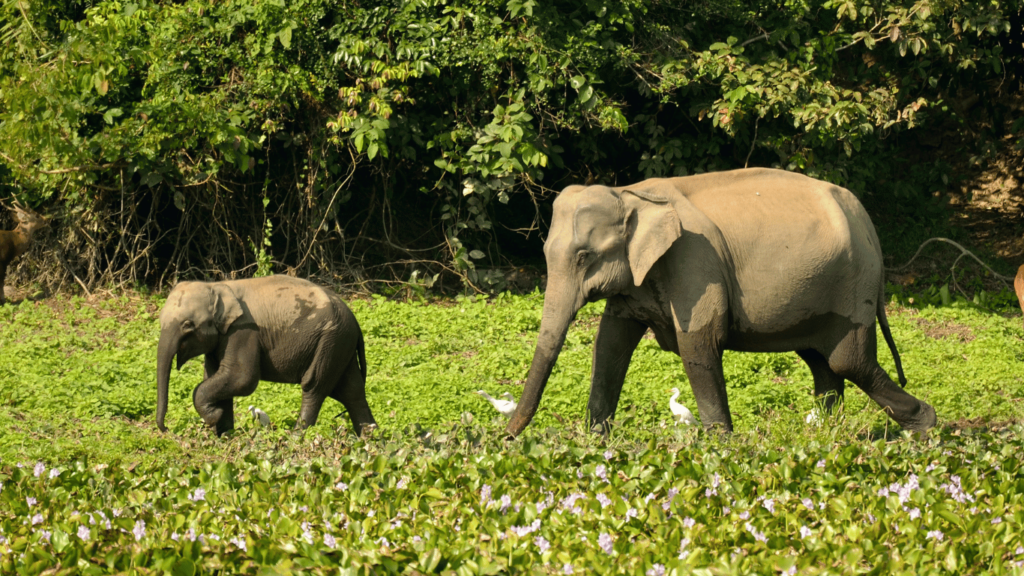
Already you are doing the right thing!
Independent Research is the key to finding the best ethical elephant sanctuaries in South East Asia. We suggest looking at each website on our lists and checking their reviews to find a venue you are most happy to support. Don’t rely on tourism advice desks or hostel owners to pick out the best ethical elephant sanctuary as they are quite often on commission to promote particular sanctuaries regardless of their animal welfare.
Our Recommendation
Rey and the team at ‘Following Giants’ on Koh Lanta don’t believe in leading the way with their elephants but they certainly lead the way in finding a natural balance between eco-tourism and truly ethical elephant conservation. As the name suggests this venue involves a guided trek to find and safely observe these beautiful creatures behaving as they naturally would in the wild without human interference. The genuine care they show for their elephants combined with the expert knowledge they share, makes this an unforgettable and very moving experience.
Enter our travel cinema to find out why ‘Following Giants’ is Lost Backpackers ecotourism’s top choice for 2023.



